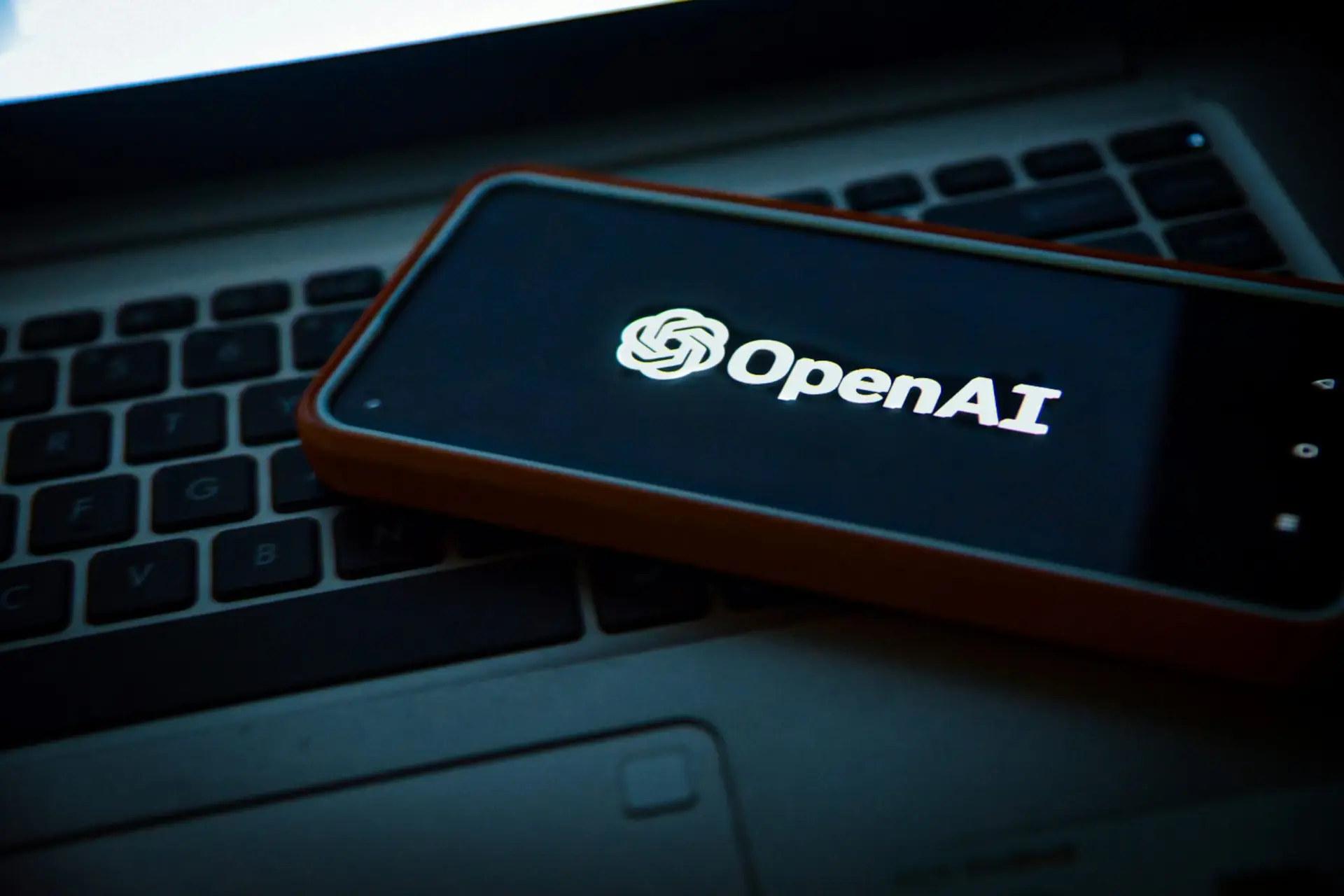In a major move, the OpenAI Partnership has reportedly enabled Kakao, South Korea’s tech giant, to deploy ChatGPT across its services. Sam Altman, OpenAI’s chief, signed the deal in Seoul on Tuesday as a strategic response to heightened competition from Chinese rival DeepSeek. Consequently, this collaboration aims to enhance Kakao’s digital offerings while bolstering the nation’s AI infrastructure.
The OpenAI Partnership and Strategic Implications
Kakao, renowned for its dominant messaging app and diverse digital platforms, is set to leverage ChatGPT to upgrade its artificial intelligence services. Moreover, the company will integrate advanced AI to improve customer interactions and operational efficiency.
Additionally, Altman stated, “We’re excited to bring advanced AI to Kakao’s millions of users and work together to transform how they communicate and connect.” Meanwhile, Kakao’s CEO, Shina Chung, described the collaboration as a strategic milestone that promises innovation in AI-driven services.
Expanding AI Capabilities in South Korea
Enhancing User Experience with ChatGPT
Subsequently, the integration of ChatGPT is expected to provide Kakao with a competitive edge. For instance, users will experience more personalized and responsive services across messaging, e-commerce, and payment platforms. Furthermore, the advanced natural language processing will allow for efficient real-time interactions, ultimately enriching user engagement.
Collaboration with Semiconductor Leaders
In addition, Altman’s visit to South Korea included high-level meetings with prominent semiconductor companies. Notably, discussions with Samsung and SK hynix focused on the development of high bandwidth memory chips (HBM) crucial for AI servers. These interactions are pivotal because they align software advancements with hardware innovations, ensuring robust AI infrastructure.
Navigating the Competitive AI Landscape
Responding to DeepSeek Disruption
However, the backdrop to this partnership is the disruptive emergence of DeepSeek, a Chinese competitor that has reportedly unsettled Silicon Valley. Therefore, the OpenAI Partnership is perceived as both a defensive and proactive strategy against competitors who allegedly use reverse-engineering techniques. Moreover, industry experts suggest that such moves are necessary to secure intellectual property and technological leadership in AI.
Balancing Open Source and Proprietary Innovations
Furthermore, Altman acknowledged that while open-source AI has potential, a definitive strategy to counter DeepSeek’s advances remains in development. Consequently, the partnership emphasizes safeguarding proprietary technology while exploring collaborative innovation. In addition, this balance is critical in maintaining competitive advantage while fostering industry-wide progress.
Infrastructure Investment and Global AI Ambitions
South Korea’s role in global AI expansion is further underscored by its participation in the larger Stargate initiative. This drive, reportedly backed by significant investments in AI infrastructure in the United States, aims to deploy up to $500 billion in next-generation AI systems.
Moreover, Altman’s engagements with SoftBank and Arm Holdings during his Asian tour indicate that the OpenAI Partnership is part of a broader strategic vision. Specifically, these discussions focus on building advanced data centers and optimizing semiconductor supply chains. As a result, South Korea is emerging as a critical testing ground for innovative AI solutions.
Future Prospects and Strategic Growth
Looking ahead, the OpenAI Partnership is expected to pave the way for further collaborations. For instance, the partnership may extend to include South Korea’s national AI computing center, which is anticipated to attract investments of up to 2 trillion won. Consequently, these initiatives will drive technological advancements and potentially set new benchmarks in AI development.
Additionally, industry analysts believe that such strategic alliances will help mitigate the risks associated with rapid technological changes. In turn, this will create a robust ecosystem that benefits both consumers and businesses alike. Furthermore, internal discussions suggest that OpenAI is keen to explore new models that combine both open-source and proprietary technologies.
Conclusion
In summary, the OpenAI Partnership with Kakao marks a transformative chapter in South Korea’s AI evolution. Sam Altman’s strategic maneuvers in Seoul not only enhance Kakao’s digital services but also signify a broader industry effort to counter emerging competitors like DeepSeek. Consequently, as collaborative discussions with semiconductor giants and global partners continue, the future of AI innovation appears promising.
Stay updated with our latest insights on these dynamic developments by visiting our Likiweeks Technology page.
Sources: Al Jazeera, Reuters, Fortune

